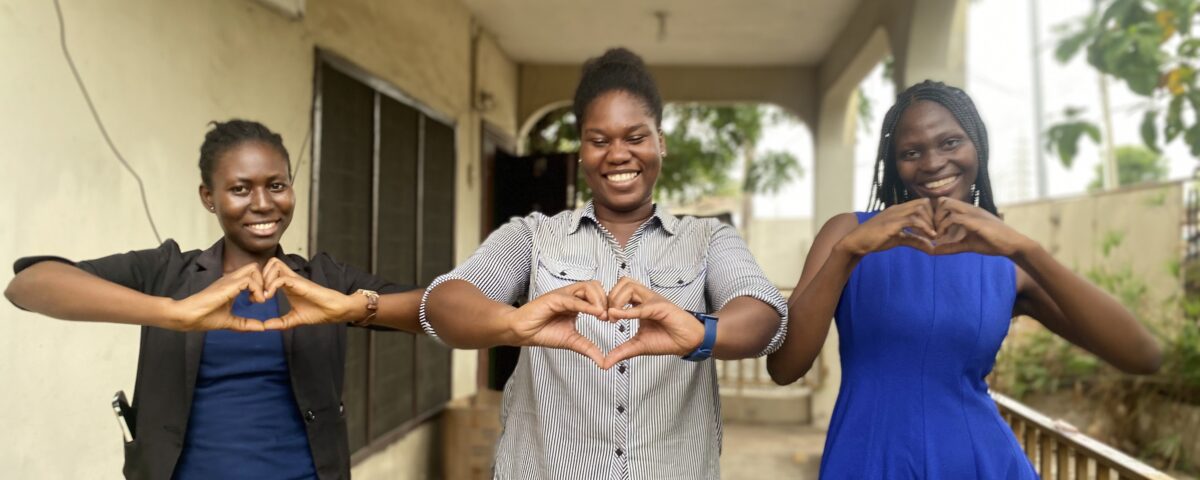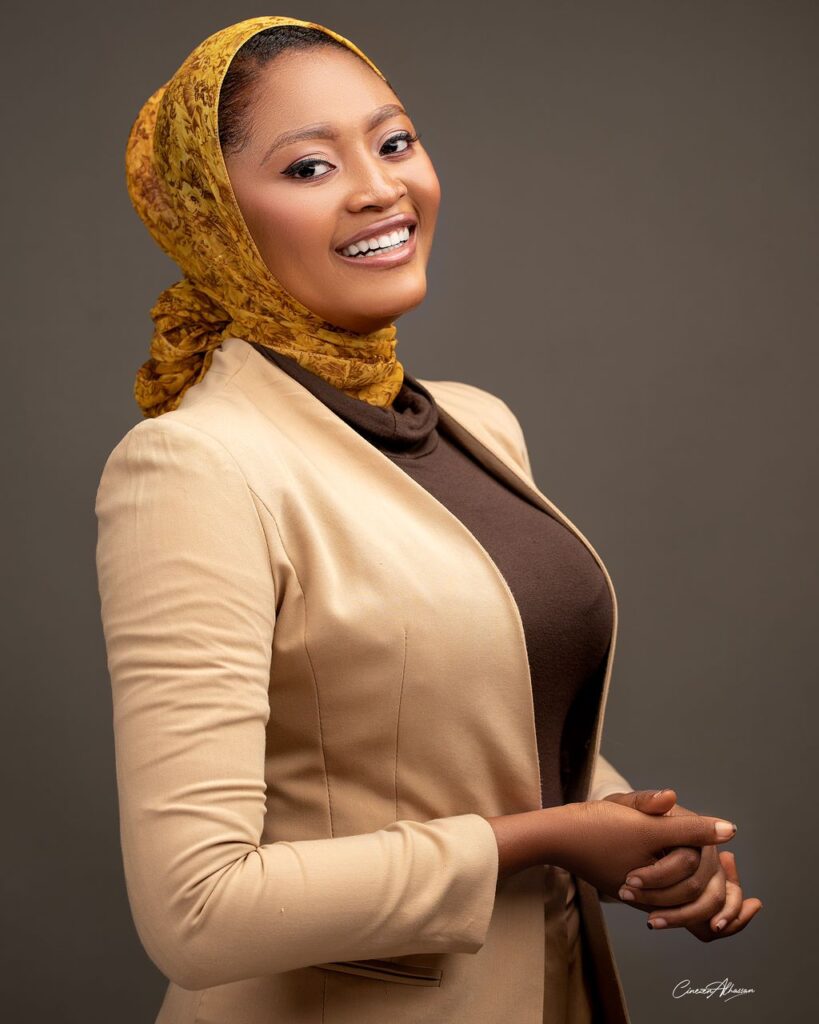Investing in Women: The Urgency of Gender-Responsive Financing

Women are a fundamental part of global development. They play crucial roles in every aspect of life and development: social, financial, wellbeing, religious, and all the other areas one can think of. Their work have expanded from domestic to corporate, industrial, and many more, shining in their various areas of specialty. In respect to this, it is imperative to appreciate and celebrate women’s efforts, hard work and dedication to making the world a better place, hence, the commemoration of International Women’s Day (IWD) on 8th March each year. The United Nations specially set aside this day to celebrate women’s achievements and enable actions to promote parity. Since its first gathering in 1911, the themes for this celebration have ranged from Choose to Challenge, Each for Equal, Balance for Better, Press for Progress, Be Bold for Change, Pledge for Parity, and more. All these have been coined to educate and raise awareness for women’s equality, call for positive change to advance women’s issues, lobby for accelerated gender parity, and inspire support for organisations that help women globally.
Truthfully, some change has been seen through numerous advocacy for women’s empowerment and gender equality, but the more significant chunk of work and change is yet to be done. It is very accurate when the UN Secretary-General, Mr .António Guterres, stated that achieving gender equality and empowering women and girls is the unfinished business of our time and the greatest human rights challenge in our world.
For several years, one of the most significant challenges to achieving gender equality has been the lack of or inadequate financial support for women. Financing is a rock to every success story, and for women, it is one of the most significant obstacles that stand between them and the equality the world seeks to achieve. Hence, it is a step in the right direction for the 2024 IWD celebration to be themed “Invest in Women: Accelerate Progress”. This will pave the way for education, discussion, and advocacy on the need for investment in women and how it is tied to development.

This year, the UN has indicated five key areas that need action points in line with the theme of this celebration. These include “investing in women, a human rights issue”, “ending poverty”, “implementing gender-responsive financing”, “shifting to a green economy and care society”, and “supporting feminist change-makers”, all in the quest to create a world free of bias, stereotypes, discrimination and development. Countless movements, organisations, policies and individuals have set out to make this possible. Initiatives such as Female and More, CAMFED, Girls Not Brides, UN Women, Global Fund for Women, Ghana CSO platform on the SDGs, Curious Minds Ghana, and many others have worked to get women to distinguished places. But one great challenge keeps breaking the bridge: financial burden. I keep asking myself: how are they getting funding, how much are they getting, how much support is each of their beneficiaries getting, and how sustainable are these support?
Currently in Ghana, the budget statement and economic policy of the government of Ghana for the 2024 financial year only allocates GH₵ 2,392,960,280 to the Ministry of Gender, Children and Social Protection. This, we can all attest, cannot even sort out on issues of children, let alone gender. Attesting to the call for financial investment, especially for women and the call for gender-responsive financing. Over time, most governments, Non-Governmental Organisations, Civil Society Organisations, and other development partners have depended on grants and, sometimes funds from the pockets of individuals leading these initiatives. Again, feminist organisations receive only 0.13% of official development assistance, and the question keeps ringing- how long is this going to be so?

Miss Ayinawu Alhassan Adam, a young gender advocate with a focus on Ghanaian politics, shares her thoughts on this in these words, “as a young gender advocate with a focus on Ghanaian politics, I have gathered that one of the most critical issues in gender inequality is due to the underrepresentation of women in leadership. There is a financial toll on the few female leaders. Their limited funds impede their potential impact, setting off a chain reaction. Young female politicians encounter challenges securing support from older female politicians and often resorting to male counterparts, leaving them vulnerable. The pressing dilemma lies in accessing funds for crucial causes within Ghana’s political landscape. The issue can be combatted by fostering financial support for gender-responsive initiatives through dedicated funds, partnerships, and awareness campaigns. Doing the above will ensure a more equitable and empowered future for women in Ghanaian politics.”
The stories of financial struggles unwind; according to the United Nations, 75 million more people have fallen into severe poverty since 2020 due to the COVID pandemic and conflicts, and immediate action is crucial to prevent over 342 million women and girls from living in poverty by 2030. The International Monetary Fund (IMF) also reports that conflicts and rising prices may lead 75% of countries to cut public spending by 2025, with adverse consequences for women and their access to essential services such as healthcare and education. Many lives are at stake, many careers are hanging, and potential is untapped. Women can change their worlds, but support is needed for them to change the entire world. Financial investment in women offers a lifeline, alleviating poverty and empowering them to become agents of change within their communities.
In all these, implementing gender-responsive financing mechanisms is paramount in ensuring that women aren’t left behind in times of crisis. As conflicts escalate and economic uncertainties loom, the risk of slashing public spending looms larger, disproportionately affecting women and their access to essential services. By making intentional gender-responsive policies and budgets, we can reduce the impact of economic downturns on women, which will foster inclusive development. Finally, investing in women, implementing gender-responsive financing, and supporting feminist change-makers are indispensable pillars in the journey towards gender equality and global development. Each component addresses immediate challenges and lays the groundwork for a more inclusive, sustainable future. Every year, especially this year, as we celebrate International Women’s Day, we must recommit ourselves to these principles, recognising that investing in women will accelerate progress for all.
Written by Helena Amoah (Nana Aba Appiatewaa)
